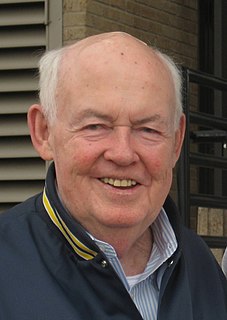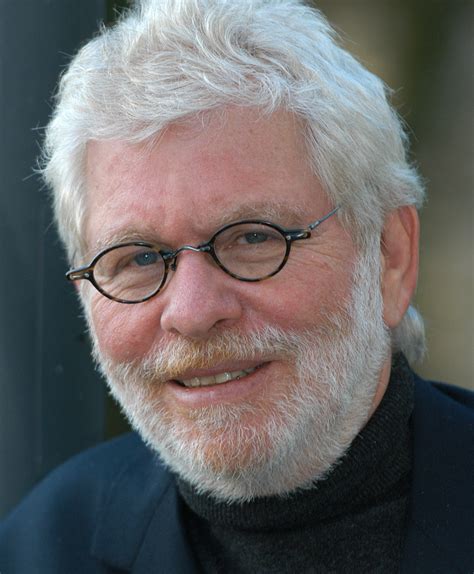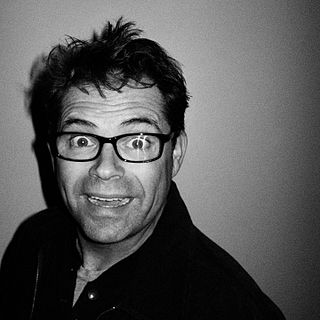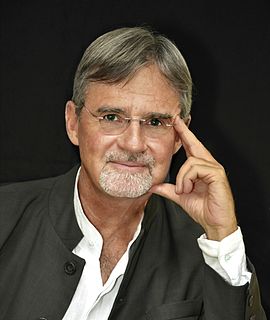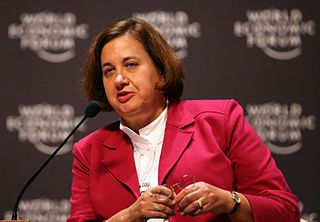A Quote by John J. Sweeney
After World War II, American leaders were, in Dean Acheson's words, 'present at the creation' of a global order. Now at the end of the cold war, we desperately need that same vision, that leadership, that creativity to be applied to the governance of the global marketplace.
Related Quotes
We desperately need some new thinking today about systems of global governance. We're stuck with the same obsolete, ignore-the-earth institutions that were brough into being after the 2nd World War, and they're now failing us ever more catastropically. Wild Law shows just how radical we now need to be in creating new institutions that are genuinely 'fit for purpose' in the 21st Century.
We have to recognize that the reason that the global order that we've enjoyed and almost take for granted over the last several years exists is that after World War II, the United States and its allies tried to build an antidote to what they had seen between World War I and World War II. There, they'd seen protectionism, beggar-thy-neighbor trading policies, so they said, we'll build an open international economy. And they did that.
It's important to remember that World War II was experienced very much as a continuity in that sense. Most of World War II in most of Europe wasn't a war; it was an occupation. The war was at the beginning and the end, except in Germany and the Soviet Union, and even there really only at the end. So the rest of time it's an occupation, which in some ways was experienced as an extension of the interwar period. World War II was simply an extreme form, in a whole new key, of the disruption of normal life that began in 1914.
In America, we then made a commitment, particularly after World War II with the GI Bill, to massively expand our commitment to college education, and that meant we had more engineers and we had more scientists and that meant we had better technology, which meant that we were more productive and we could succeed in the global marketplace.
History of America, Part I (1776-1966): Declaration of Independence, Constitutional Convention, Louisiana Purchase, Civil War, Reconstruction, World War I, Great Depression, New Deal, World War II, TV, Cold war, civil-rights movement, Vietnam. History of America, Part II (1967-present): the Super Bowl era. The Super Bowl has become Main Street’s Mardi Gras.
In 1945, at the beginning of the Cold War, our leaders led us astray. We need to think of the Cold War as an aberration, a wrong turn. As such, we need to go back to where we were in 1945 - before we took the road to a permanent war economy, a national security state and a foreign policy based on unilateralism and cowboy triumphalism.
When I grew up, in Taiwan, the Korean War was seen as a good war, where America protected Asia. It was sort of an extension of World War II. And it was, of course, the peak of the Cold War. People in Taiwan were generally proAmerican. The Korean War made Japan. And then the Vietnam War made Taiwan. There is some truth to that.
I was born just after the end of World War II, and with my friends in our little suburban backyards in New Jersey, we used to play war a lot. I don't know if boys still play war, they probably do, but we were thrusting ourselves into recent history and we were always fighting either the Nazis or the Japanese.
The world has always been a dangerous place. Now it is dangerous in a different way, because the world order that we've known since the end of the Cold War has been radically transformed. All of the institutions that preserved peace and promoted global trade will be weaker - NATO, the EU, NAFTA - and US relationships with other countries will change, too.
